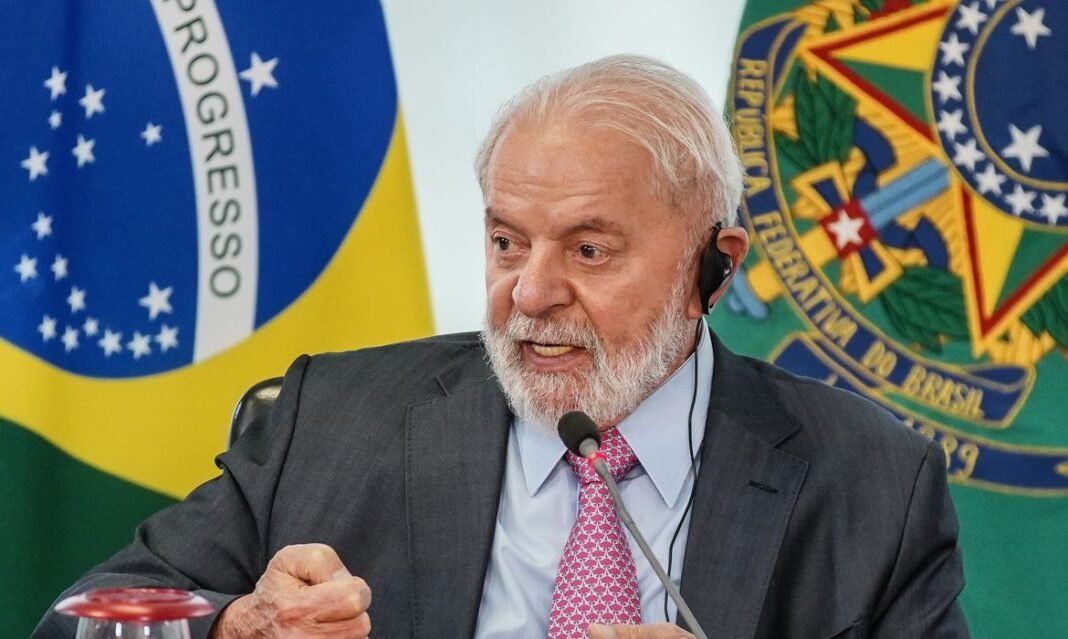Less than a year before the elections, President Lula’s administration is ramping up its political and economic agenda to expand its support base and contain the fallout from growing external tensions. New social programs targeting the middle class and urban outskirts are part of a broader strategy to strengthen Lula’s appeal. At the same time, the government is dealing with the escalation of a trade dispute with the United States, following Donald Trump’s decision to impose 50% tariffs on Brazilian imports—a move officials attribute to personal ties forged during the Bolsonaro presidency. Meanwhile, the opposition is mobilizing to pressure Congress for amnesty for participants in anti-democratic protests, as PT leaders and ministers push back against criticism from Bolsonaro-aligned governors. Together, these developments signal a second half of the year marked by deepening polarization and early campaign maneuvering.
This Content Is Only For Subscribers
To unlock this content, subscribe to INTERLIRA Reports.
Social Programs and Electoral Strategy
The Planalto Palace is preparing a package of social programs for President Lula (PT) to launch in the second half of the year, one year before the election, when he plans to run for a fourth term. The program includes restructuring the gas voucher system, offering credit for home renovations, and providing assistance for motorcycle couriers and app drivers to replace their vehicles. These measures aim to expand Lula’s support among the middle class and residents of the urban outskirts. With a focus on the election campaign, Lula has reserved Thursdays and Fridays to travel across the country and promote government initiatives, fostering closer contact with the population. Aides are pushing for him to use this opportunity to launch the Gas for All program in early August, which is expected to benefit 16.6 million families.
Engagement with New Voters
New PT president Edinho Silva says that the tariff hike announced by Donald Trump and the renewed debate on tax justice—following Congress’s repeal of the Financial Transactions Tax (IOF) increase—have allowed President Lula, for the first time since taking office, to engage with some of Jair Bolsonaro’s supporters. Edinho, who takes office in August and will lead the party until 2029, states that all PT leaders will need to “fulfill their missions” in next year’s elections, including Finance Minister Fernando Haddad, who has publicly expressed his reluctance to run.
Trade Tensions with the United States
The upcoming implementation of Donald Trump’s tariff hike on Friday (01/08) has escalated tensions between the Lula administration and potential rivals in the 2026 race. Government officials and members of the private sector believe that the new import surcharges—Brazil facing the steepest at 50%—will indeed take effect as announced by the White House. The possibility of the US delaying the measure to allow time for bilateral negotiations is becoming increasingly unlikely. The Lula administration is considering sending an official delegation, including executive branch representatives, to Washington to attempt to break the deadlock, while a group of Brazilian senators plans to travel to the US from July 29 to 31 for the same purpose.
Government Reactions
Finance Minister Fernando Haddad stated in an interview that the Lula administration had already anticipated some form of retaliation from the US government, particularly due to the “insistence of the Bolsonaro family.” Haddad argued that the 50% tariff on Brazilian imports remains in place solely because of the “personal relationship between Trump and Bolsonaro,” and that there is no economic or diplomatic rationale for maintaining it.
Opposition Mobilization
During the parliamentary recess, Bolsonaro-aligned opposition leaders are attempting to organize an institutional response to the precautionary measures imposed on Jair Bolsonaro. Congresswoman Caroline De Toni (PL-SC) submitted a request on Monday (21/07) to convene an extraordinary remote session of the Chamber of Deputies, with an exclusive agenda to vote on three bills. Among them is a proposal to grant amnesty to those involved in the anti-democratic acts of January 8, 2023, and the protests that followed the 2022 elections. The congresswoman’s initiative comes amid Bolsonaro’s worsening legal troubles and growing pressure from his allies for a forceful institutional reaction from Congress.
Analysis:
From a political strategy standpoint, the Lula administration’s rollout of new social programs represents a calculated effort to secure support ahead of the 2026 elections, particularly among working-class and lower-middle-class voters. The targeting of app drivers, motorcyclists, and peripheral urban populations is a clear nod to segments that were crucial to Bolsonaro’s electoral base in past cycles. The restructured gas voucher and Gas for All program are also emblematic of the PT’s historical emphasis on redistributive policies.
At the same time, the trade dispute with the United States introduces a layer of geopolitical complexity that Lula’s team is leveraging domestically. While the tariffs pose real economic risks, the administration has sought to reframe the issue as a legacy of Bolsonaro’s diplomacy with Trump, distancing itself from responsibility and tapping into nationalist sentiment. Furthermore, the linkage of trade policy with electoral engagement—particularly among disenchanted Bolsonaro voters—suggests that Lula sees the dispute not just as a diplomatic crisis but also as a political opportunity.
Finally, the opposition’s push for amnesty legislation and its defense of Bolsonaro amid his legal troubles reflect a broader strategy of mobilizing his core supporters through institutional confrontation. The move to convene an extraordinary session during recess is a symbolic assertion of political strength, even as Bolsonaro’s legal position weakens.




